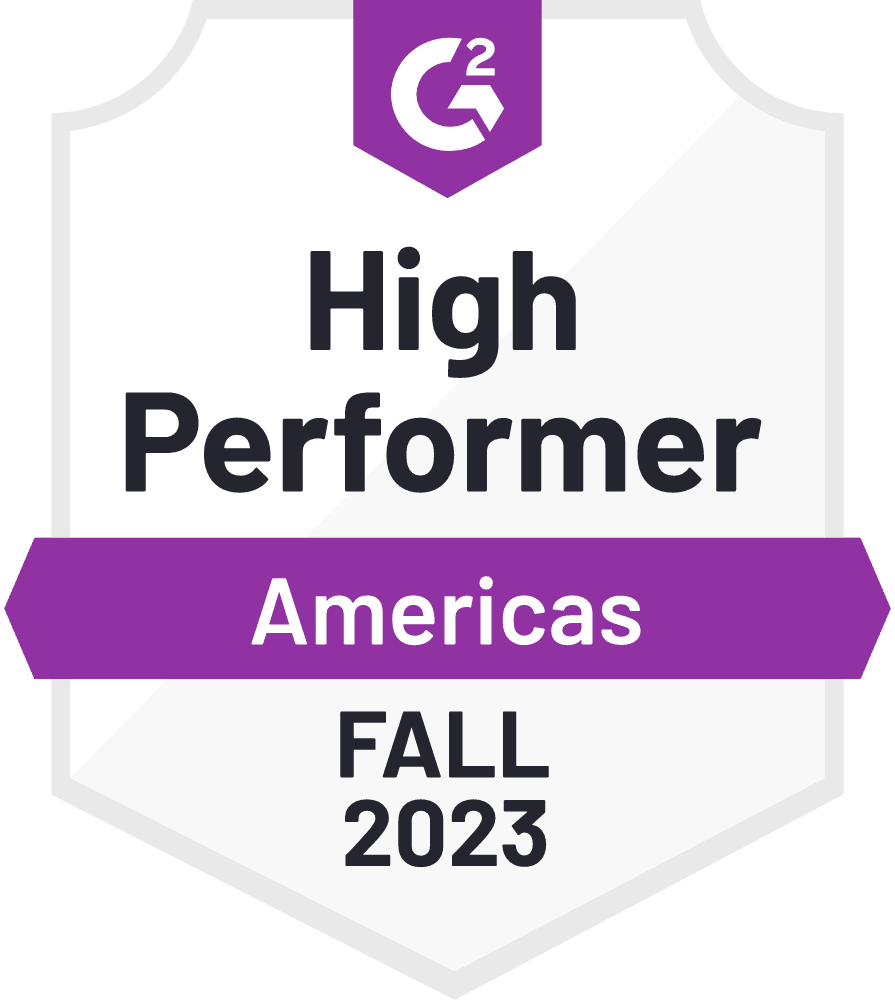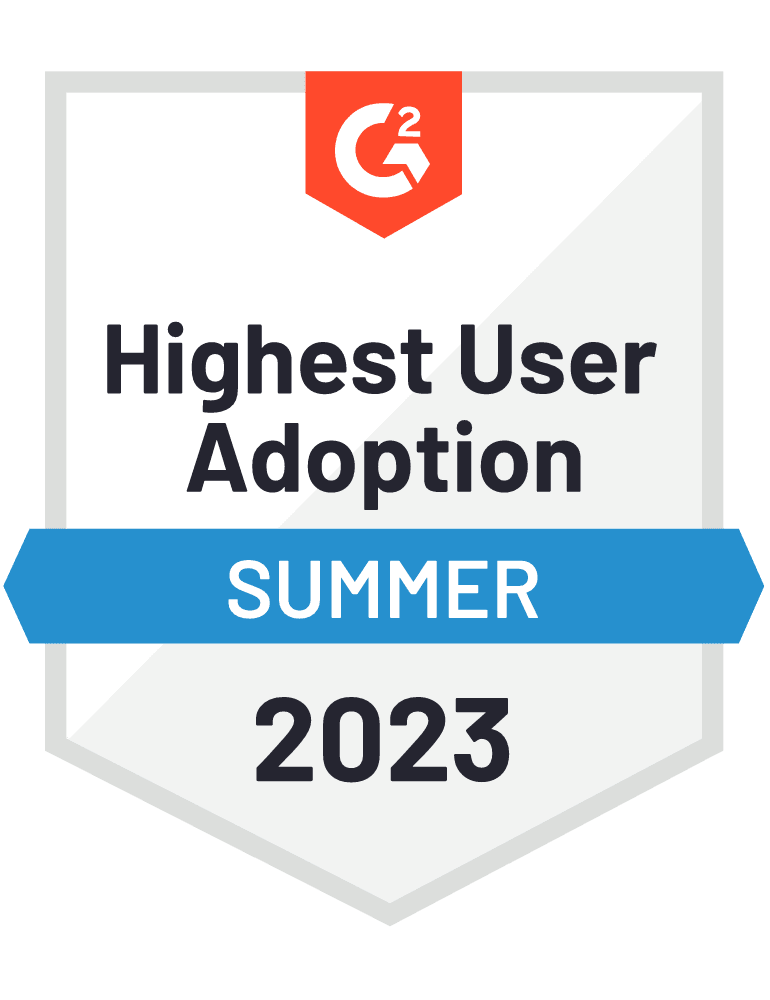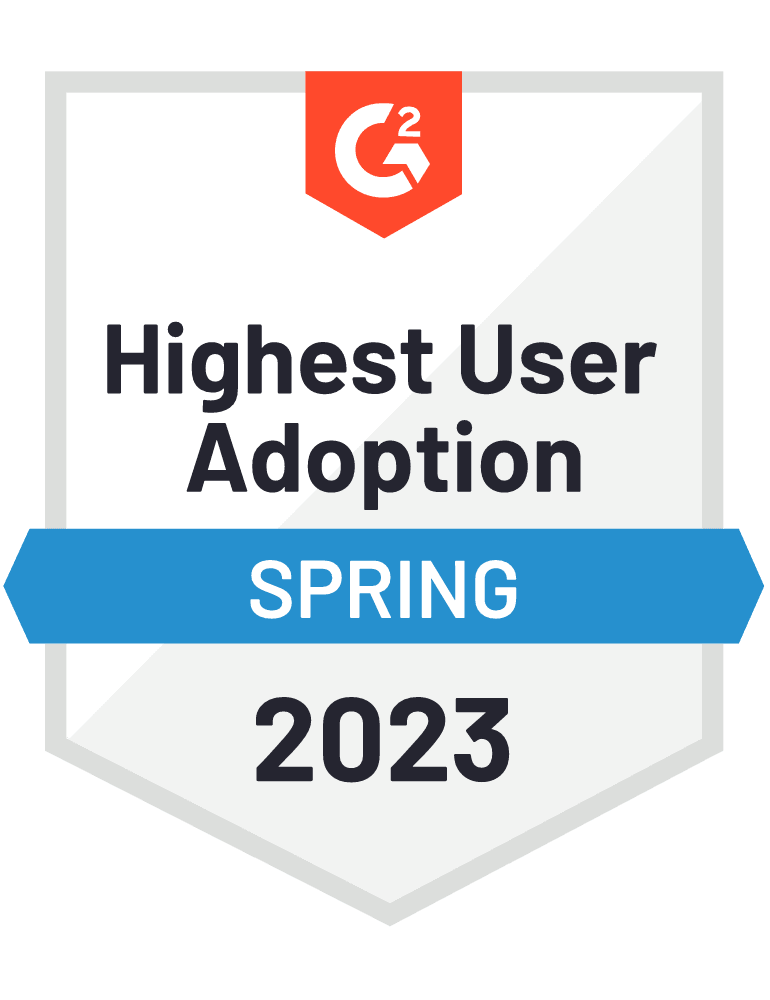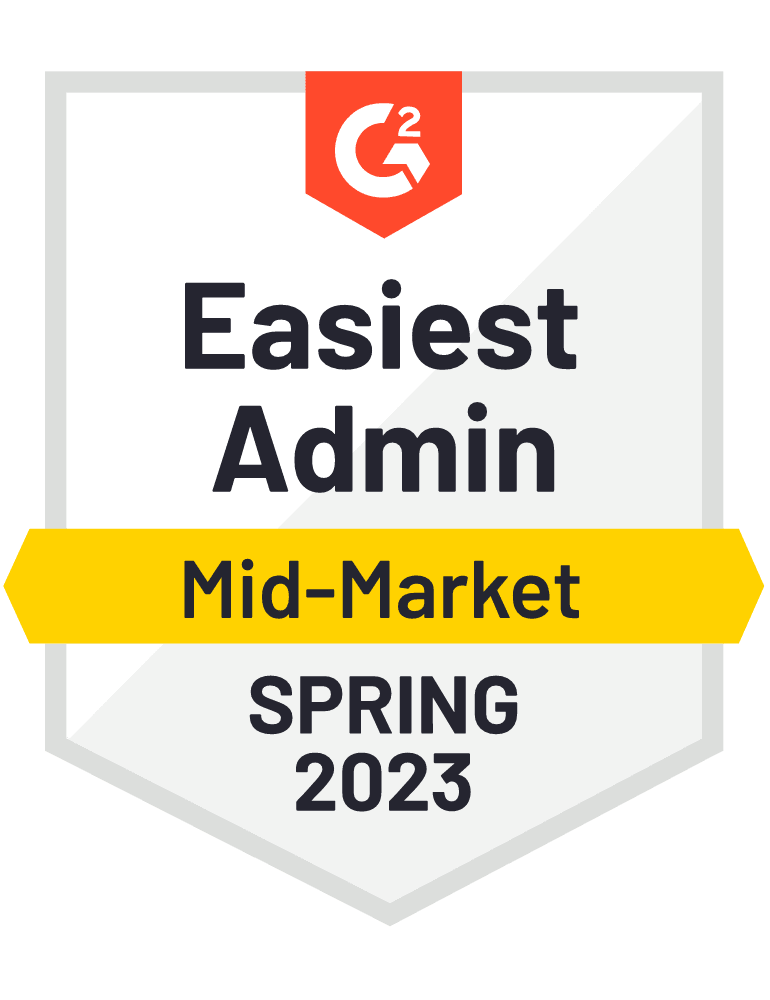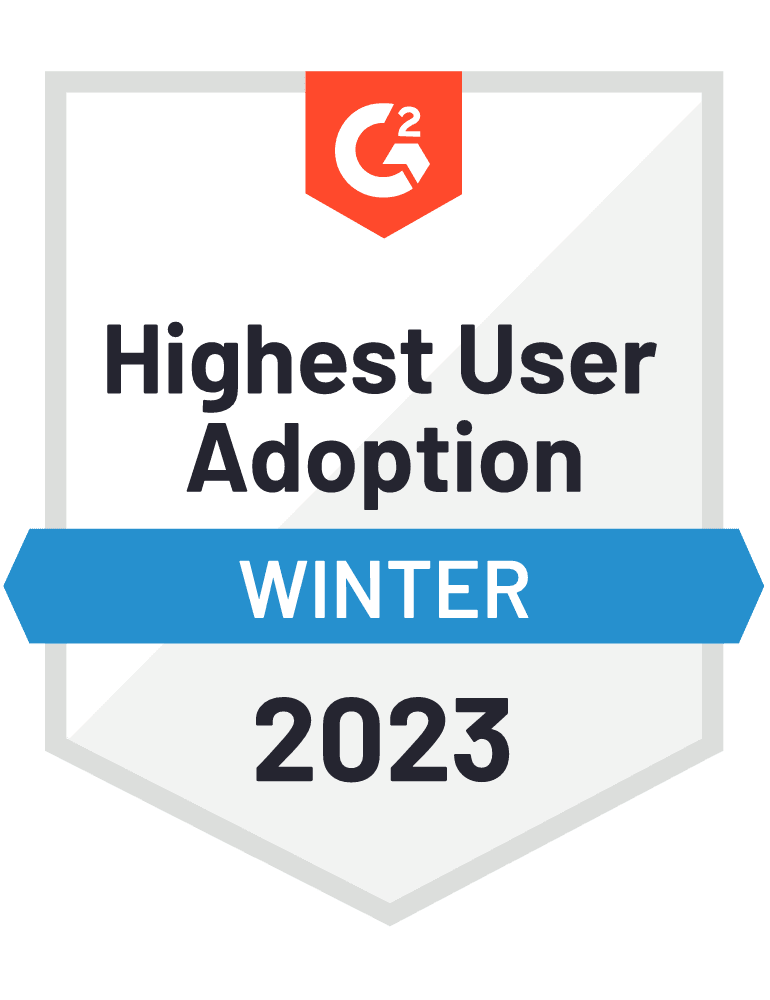Welcome to the March 2017 Issue of Pay Matters - a collection of payroll news and developments that may affect your company. Visit our blog daily for more updates like these.
Read on to stay informed and stay in compliance with relevant alerts and insights that matter most for your payroll.
FEDERAL UPDATES
IRS Reissues W-2 Scam Alert
The IRS has issued a warning regarding an email scam that uses corporate officers’ names to request W-2 information from company payroll or HR departments. This scam was also used last year and gave cybercriminals access to SSNs, names, and income information, which they used to file fraudulent tax returns.
This “spoofing” email appears to be coming from a chief executive officer and requests lists of employees and W-2 information. Some examples of the requests are as follows:
- Kindly send me the individual 2016 W-2 (PDF) and earnings summary of all W-2 of our company staff for a quick review.
- Can you send me the updated list of employees with full details (Name, Social Security Number, Date of Birth, Home Address, Salary)?
- I want you to send me the list of W-2 copy of employees’ wage and tax statement for 2016, I need them in PDF file type, you can send it as an attachment. Kindly prepare the lists and email them to me asap.
The IRS suggests that recipients of a W-2 scam email should forward it to phishing@irs.gov and place “W2 Scam” in the subject line.
US DOL Requests Extension to Appeal Overtime Rule Injunction
The US DOL filed a motion to receive a 60-day extension to appeal the injunction against the new overtime rules passed under the Obama Administration.
Under the contested overtime regulations, the salary threshold for overtime exemption was to increase from $23,660 per year to $47,476 per year, with an automatic increase every three years. The new overtime rules were originally supposed to go into effect December 1, 2016, but in November 2016, a federal judge in Texas put their implementation on hold, saying the DOL had exceeded its authority.
The US DOL initially had until January 31, 2017 to file a reply brief to appeal the injunction, but was granted an extension until March 3rd. The US DOL is now requesting an additional 60-day extension until May 1, to allow the new administration time to consider the legislation. It is widely speculated that the Trump administration may choose not to continue with the appeal.
USCIS Updates Form I-9 Handbook
United States Citizenship and Immigration Services has released an updated handbook with instructions on completing the new Form I-9. The handbook provides detailed guidance on completing the form, as well as FAQs, updated tables, and sample documents.
The new Form 1-9 was released on November 14, 2016, and must be used by employees effective January 22, 2017.
For a copy of the handbook click here.
STATE UPDATES
NY Wage Payment Regulation Experiences An About-Face
The New York Industrial Board of Appeals (IBA) has revoked the NYSDOL final regulations surrounding wage payments via direct deposit and pay cards. The rule was to take effect on March 7, 2017.
Under the final ruling, New York employers were required to give employees notice of their wage payment options and obtain employees’ written, voluntary consent before paying wages via direct deposit or debit card. In addition, they had to comply with increased restrictions regarding the use of debit cards.
The IBA ruled that the NYSDOL had exceeded its authority in attempting to regulate debit cards, which are the jurisdiction of banking and financial services regulators. Though the IBA focused on the debit card restrictions, the entire regulation 12 NYCRR §192 was revoked, thereby overruling the new direct deposit regulations as well.
The NYSDOL has 60 days to appeal the decision or issue revised regulations. However, as it stands now, employers have been released from conforming to the new regulations and can continue to follow their current procedures.
If you have any questions, please reach out to your Client Services Representative.
NYSDOL Implements Law Limiting Employer’s Right to Restrict Employee Wage Discussions
Effective February 1, 2017, an amendment to New York’s equal pay law makes it unlawful for employers to restrict employees from inquiring about, discussing or disclosing their wages or the wages of other employees. The law stems from the position that more open wage discussion will lead to equal pay for equal work.
The law does recognize that some employees may not want their pay information discussed by others, and therefore allows employers to implement “reasonable workplace and workday limitations on the time, place and manner for inquiries,” including the requirement to receive “prior permission” before discussing a colleague’s wages. The prior permission may be verbal. In addition, employers may institute further limitations on employees who have access to wage information, such as HR managers.
For more information click here.
UPCOMING WEBINAR
Five Termination Traps to Avoid
Wednesday, March 14, 2017, at 1:00 pm EST
Is your termination process putting your company at risk? Discover five common mistakes employers make during a termination meeting and how you can avoid them. You’ll get practical tips for how to approach the meeting, how to conduct the termination, and how to communicate the employee’s departure to your organization. After this webinar, you’ll have the tools and guidance you need to effectively manage termination meetings.
Register for this webinar over on our webinar page.
This information is for educational purposes only, and not to provide specific legal advice. This may not reflect the most recent developments in the law and may not be applicable to a particular situation or jurisdiction.





